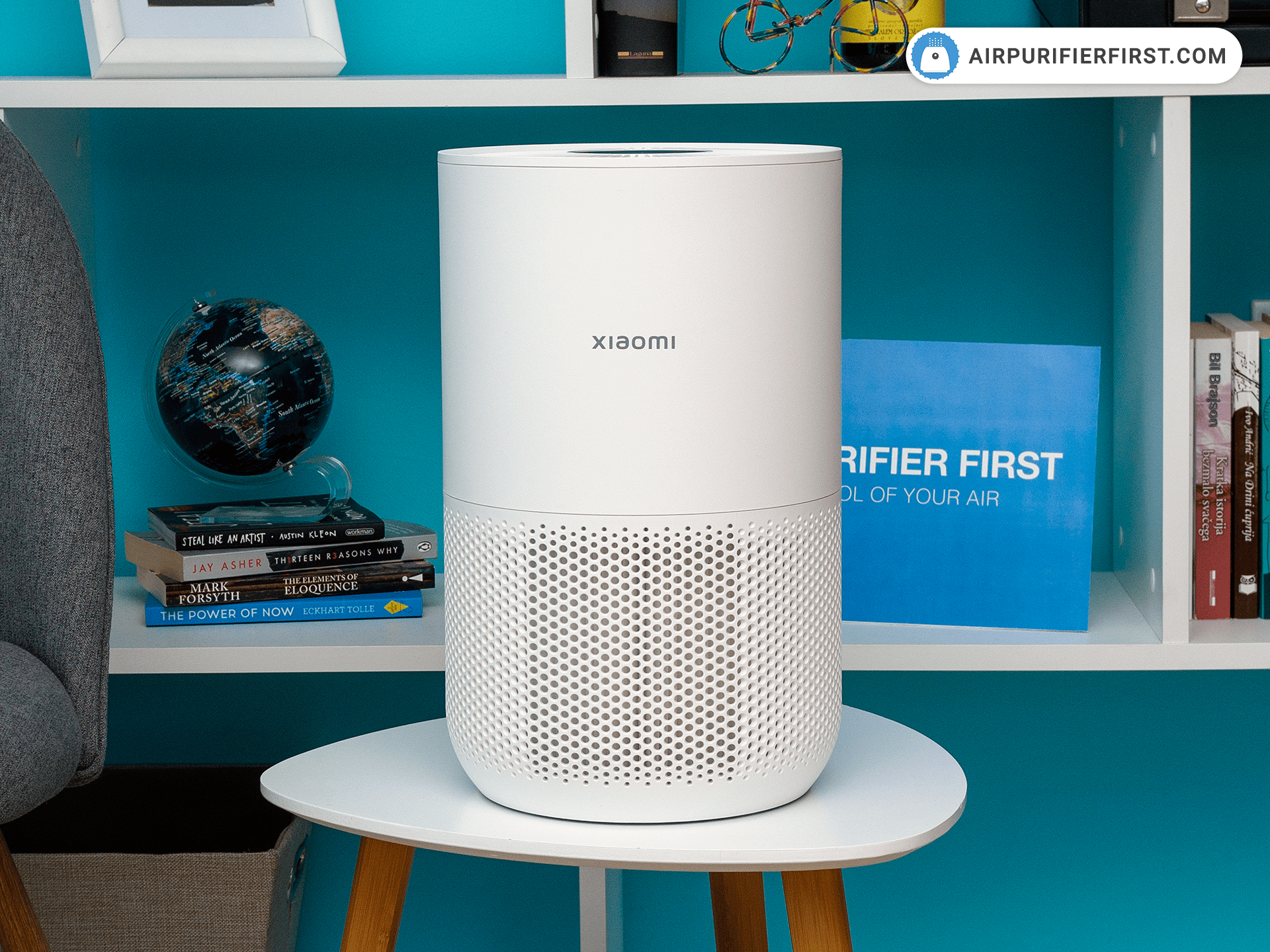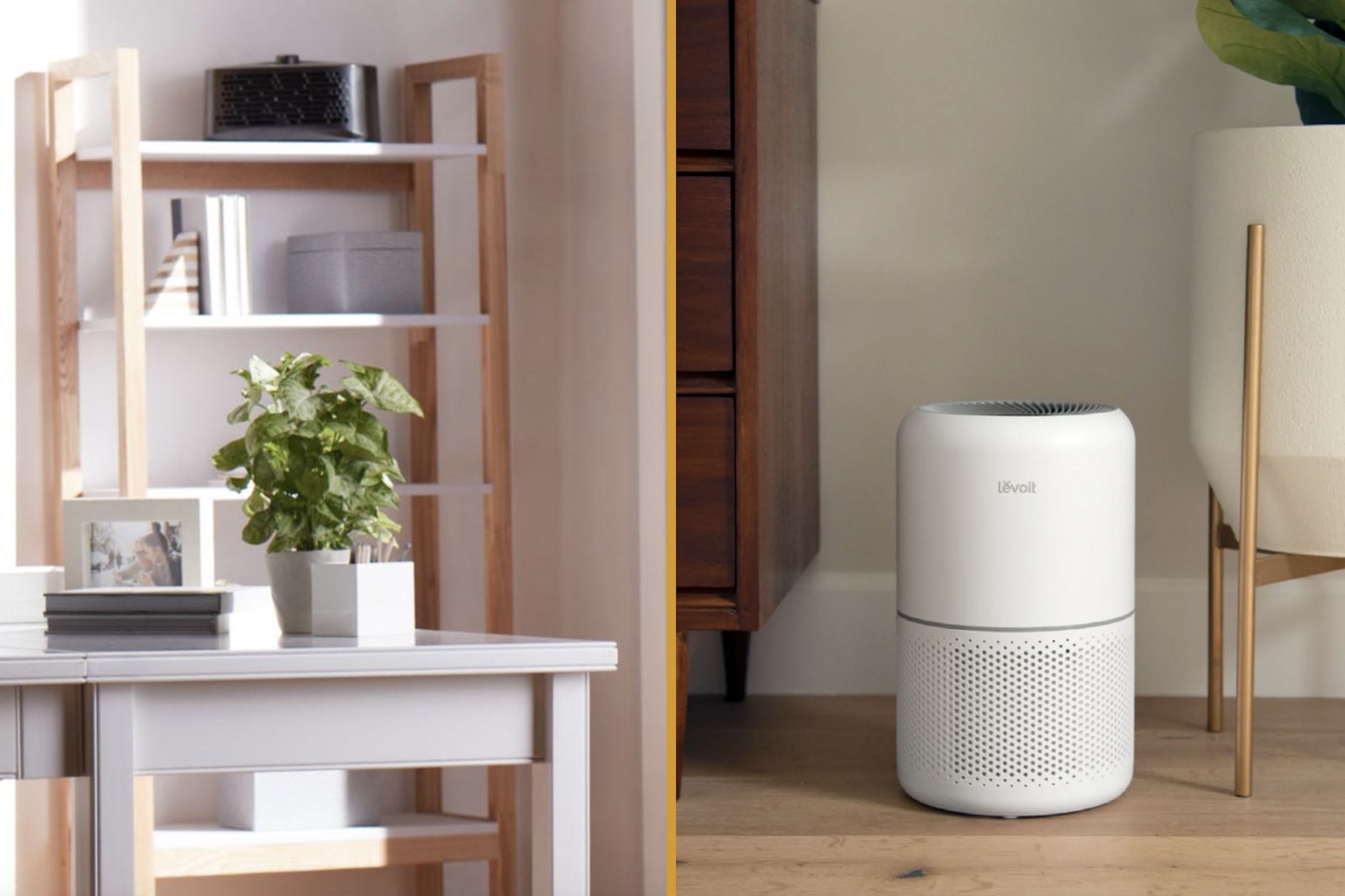Breathing clean air is essential for maintaining good health, especially indoors where pollutants can accumulate unnoticed. A good air purifier plays a critical role in improving indoor air quality by removing harmful particles, allergens, and odors from the air. If you're considering purchasing an air purifier, it's important to understand what makes a device effective and suitable for your needs.
Indoor air quality has become a growing concern worldwide. According to the World Health Organization (WHO), 9 out of 10 people breathe polluted air globally, leading to serious health risks such as respiratory diseases, cardiovascular problems, and even cancer. This makes choosing the right air purifier more important than ever.
In this comprehensive guide, we will explore everything you need to know about selecting a good air purifier. From understanding key features to evaluating performance metrics, this article will provide actionable insights to help you make an informed decision.
Read also:Discover Phoenix International Airport A Gateway To Adventure And Convenience
Table of Contents
- Introduction
- What is an Air Purifier?
- Benefits of Air Purifiers
- Key Features to Look for in a Good Air Purifier
- Types of Air Purifiers
- How to Choose the Right Size
- Filter Technology
- Energy Efficiency
- Noise Levels
- Maintenance and Cost
- Top Brands for Air Purifiers
- Conclusion
What is an Air Purifier?
An air purifier is a device designed to remove contaminants from the air, improving indoor air quality. These devices work by filtering out particles such as dust, pollen, pet dander, smoke, and other airborne pollutants. A good air purifier can significantly reduce the presence of allergens and irritants, making it an excellent choice for people with allergies, asthma, or other respiratory conditions.
How Air Purifiers Work
Air purifiers use various technologies to clean the air. The most common types include HEPA filters, activated carbon filters, and ionizers. Each technology targets specific types of pollutants, ensuring comprehensive air purification.
Benefits of Air Purifiers
Investing in a good air purifier offers numerous benefits, particularly for those who spend a significant amount of time indoors. Below are some of the key advantages:
- Improved Air Quality: Reduces airborne particles and pollutants.
- Healthier Living Environment: Minimizes allergens and irritants.
- Odor Control: Eliminates unpleasant smells from cooking, pets, or smoking.
- Reduced Allergy Symptoms: Helps alleviate sneezing, coughing, and congestion.
Key Features to Look for in a Good Air Purifier
When shopping for an air purifier, several features should be considered to ensure optimal performance. These include:
- CADR Rating: Measures the efficiency of air cleaning.
- Filter Types: HEPA, activated carbon, and pre-filters.
- Room Coverage: Ensures the purifier can handle the size of your space.
- Energy Efficiency: Look for Energy Star-certified models.
Importance of CADR Rating
The Clean Air Delivery Rate (CADR) is a critical metric that indicates how effectively an air purifier removes particles from the air. Higher CADR ratings mean better performance in capturing dust, pollen, and smoke.
Types of Air Purifiers
There are several types of air purifiers available, each with its own strengths and limitations:
Read also:Exploring Huntington Mall Barboursville Wv Your Ultimate Guide
- HEPA Air Purifiers: Capture 99.97% of particles as small as 0.3 microns.
- Activated Carbon Air Purifiers: Ideal for removing odors and chemicals.
- Ionizer Air Purifiers: Use negatively charged ions to attract and neutralize particles.
Which Type is Best for You?
Your choice of air purifier depends on your specific needs. For example, if you're concerned about odors, an activated carbon filter might be more suitable. On the other hand, if you suffer from allergies, a HEPA filter is highly recommended.
How to Choose the Right Size
Selecting the right size air purifier is crucial for effective performance. A good air purifier should match the square footage of the room where it will be used. Most manufacturers provide guidelines for room coverage, so be sure to check these specifications before purchasing.
Calculating Room Size
To determine the appropriate size, measure the length and width of the room and multiply them together. For example, a 12x15-foot room equals 180 square feet. Choose a purifier that matches or exceeds this coverage area.
Filter Technology
Filter technology is one of the most important aspects of a good air purifier. Different filters target different types of pollutants:
- HEPA Filters: Capture microscopic particles.
- Activated Carbon Filters: Absorb odors and volatile organic compounds (VOCs).
- Pre-Filters: Trap larger particles like hair and lint.
Combination Filters
Some air purifiers come with combination filters that integrate multiple technologies for enhanced performance. These are particularly effective in environments with diverse air quality challenges.
Energy Efficiency
Energy efficiency is an important consideration when purchasing a good air purifier. Look for models with Energy Star certification, which indicates they meet strict energy consumption standards. This not only reduces your electricity bill but also minimizes your carbon footprint.
Noise Levels
Noise levels can vary significantly between air purifiers. A good air purifier should operate quietly, especially if it will be used in bedrooms or living spaces. Look for models with adjustable fan speeds to balance noise levels with air cleaning performance.
Quiet Mode Settings
Many modern air purifiers offer a "quiet mode" setting, which reduces fan speed and noise output. This feature is particularly useful during nighttime use or in environments where silence is preferred.
Maintenance and Cost
The cost of maintaining a good air purifier should be factored into your decision-making process. Regular filter replacements are necessary to ensure optimal performance, and costs can add up over time. Some models offer washable filters, which can help reduce ongoing expenses.
Long-Term Savings
While initial costs may vary, investing in a high-quality air purifier can lead to long-term savings. Energy-efficient models and those with reusable filters can significantly reduce operational expenses.
Top Brands for Air Purifiers
Several reputable brands are known for producing high-quality air purifiers. Some of the most trusted names include:
- Dyson: Renowned for innovative design and performance.
- Honeywell: Offers a wide range of affordable yet effective models.
- Blueair: Known for advanced filtration technology and stylish design.
Why Choose These Brands?
These brands have established themselves as leaders in the air purifier market due to their commitment to quality, innovation, and customer satisfaction. Their products consistently receive positive reviews and are backed by strong warranties.
Conclusion
Selecting a good air purifier requires careful consideration of various factors, including filter technology, room size, energy efficiency, and maintenance costs. By understanding these elements, you can make an informed decision that meets your specific needs and budget.
We encourage you to share your thoughts and experiences with air purifiers in the comments below. Additionally, feel free to explore other articles on our website for more tips and insights on improving indoor air quality. Together, let's create healthier living environments for everyone!
Data Source: World Health Organization (WHO), Energy Star, Consumer Reports

